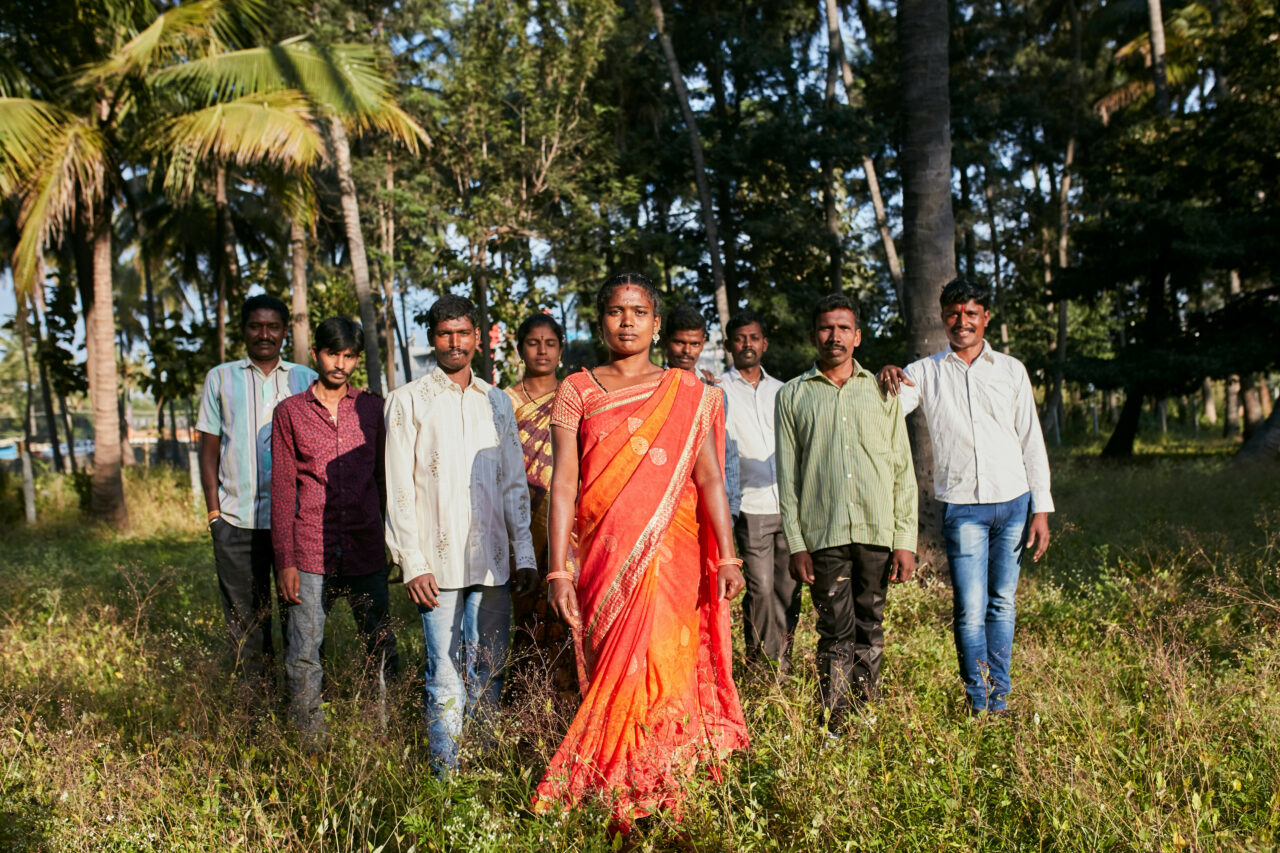
World Day Against Trafficking in Persons
“Nothing happens just because we are aware... but nothing will ever happen until we are.”
— Gary Haugen, CEO and Founder of International Justice Mission
What is World Day Against Trafficking in Persons?
World Day Against Trafficking in Persons is an annual event globally observed on July 30th.
The day was established on December 18, 2013, by the United Nations General Assembly with the desire to:
- Raise awareness
- Promote the protection of the rights of trafficking victims
- Encourage governments, organizations, and individuals to prevent and combat trafficking in persons.
In addition to this day, January is designated as Human Trafficking Prevention Month in the United States. While World Day Against Trafficking in Persons has a broader global focus, Human Trafficking Prevention Month is a national effort designed to raise awareness and promote US efforts to combat human trafficking.
Together, these initiatives play crucial roles in raising awareness and mobilizing actions to fight against trafficking.
What is human trafficking?
Human trafficking is a criminal act where individuals are exploited for profit through force, fraud, threats, or manipulation. Victims are subject to forced labor, prostitution, and other forms of commercial sexual exploitation. It is a serious crime and a violation of human rights, as it involves the exploitation and abuse of vulnerable individuals who are bought and sold like goods for financial gain or other self-serving purposes.
Where is human trafficking a problem?
Human trafficking is a global issue affecting an estimated 27.6 million people around the world (Walk Free, 2022). The United Nations Office on Drugs and Crime (UNODC) finds the presence of human trafficking in 141 countries (UNODC, 2022). However, some countries have particularly high rates of trafficking. The crime flourishes in regions where public justice systems struggle to hold perpetrators accountable and control the rate of crime.
Each year the U.S. State Department’s Office to Monitor and Combat Trafficking in Persons (TIP Office) releases the TIP Report to shed light on the current scale of modern slavery (of which human trafficking is a part of) around the world and assess countries' efforts to combat it. Read more about why this report is one of the most effective tools in our fight to end human trafficking around the world.
Why is human trafficking still a significant problem today?
- Economic demand: The demand for cheap labor fosters exploitative practices while the high profitability of this crime entices individuals to target and take advantage of vulnerable people around them. It is only becoming increasingly lucrative. The human trafficking industry generates $236 billion in revenue annually, a 37% increase from previous estimates (ILO, 2024).
- Social vulnerability: Migration, poverty, and gender inequality are all factors that contribute to social vulnerability. Traffickers exploit vulnerable people through force, threats or false promises of better lives and job opportunities.
- Lack of protection: Victims are enslaved indefinitely because they lack protection. The lack of awareness of the crime causes many instances to go undetected or unreported. Even when cases are reported, weak or ineffective law enforcement fails to deliver effective responses, preventing victims from receiving the justice they deserve. Less than half of 1% of human trafficking victims are identified.
Together, we can fight against human trafficking until all are free
Make A Difference
Contact your legislators today!
Awareness is the first step. Meaningful action is the next. Ask Congress to reauthorize the international provisions of the Trafficking Victims Protection Act today to make a tangible impact in the fight to end human trafficking.
Contact CongressTogether, we can end trafficking and modern slavery for good.
For more than 25 years, courageous partners worldwide have partnered with us to bring freedom and safety to vulnerable children, women and men. From our first rescue operations to our rapid global expansion, IJM has protected over 10.7 million vulnerable people from violence to build a safe future that lasts. Will you help send rescue and protection until everyone is free?